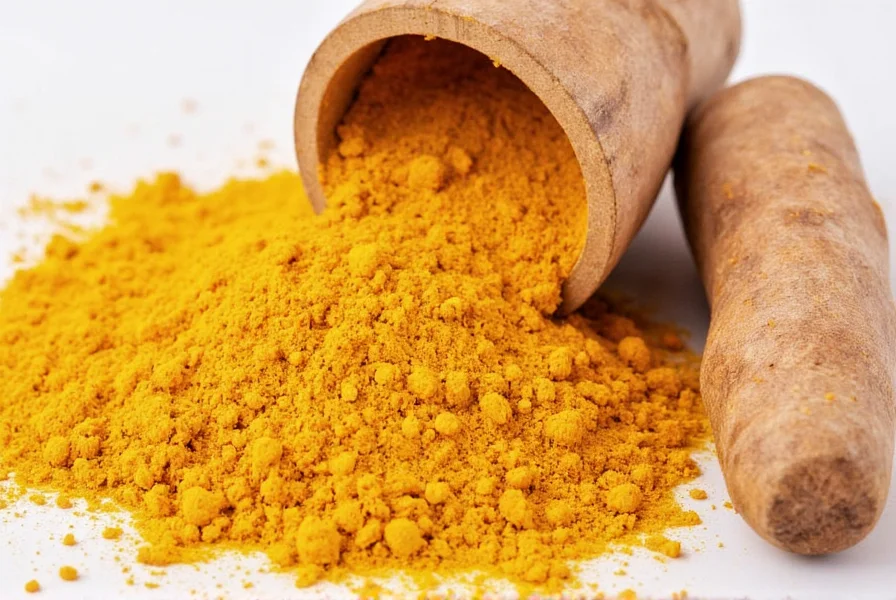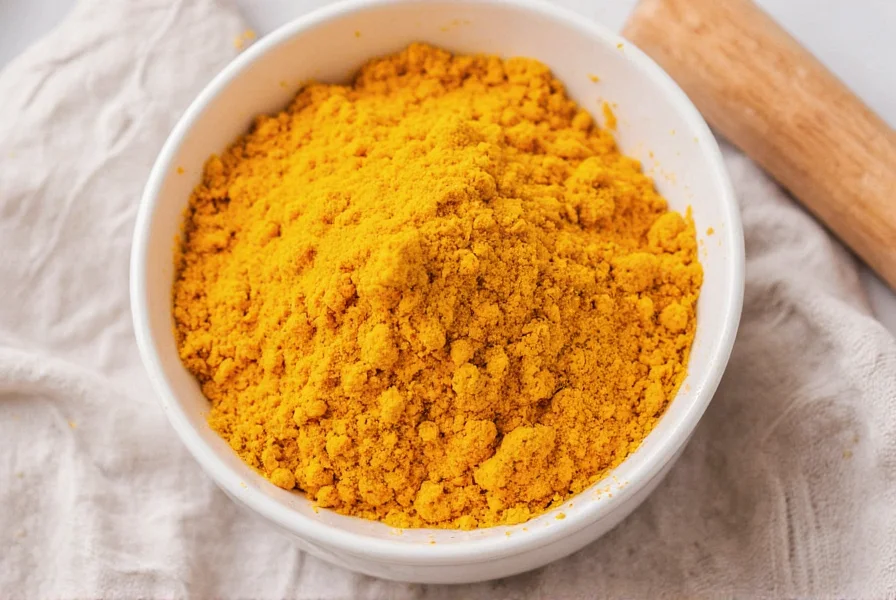Many people search for natural weight management solutions, and turmeric has gained attention for its potential metabolic benefits. While it's not a magic solution for weight loss, emerging research suggests that curcumin, turmeric's primary active compound, may support healthy metabolism when used appropriately alongside lifestyle changes.
The Science Behind Turmeric and Weight Management
Turmeric contains curcuminoids, with curcumin being the most studied component. Research indicates curcumin may influence several biological pathways related to weight management. Studies published in journals like Nutrition Research and European Review for Medical and Pharmacological Sciences suggest curcumin might help regulate adipogenesis (fat cell formation), reduce inflammation associated with obesity, and improve insulin sensitivity.
However, it's crucial to understand that turmeric is not a standalone weight loss solution. The effects are modest and work best as part of a comprehensive approach that includes proper nutrition and physical activity. Most clinical trials showing benefits used standardized curcumin extracts rather than culinary turmeric alone.

Recommended Turmeric Dosage for Weight Support
When considering how much turmeric for weight loss, the form matters significantly. Here's a breakdown of appropriate dosages based on current research:
| Form of Turmeric | Recommended Daily Dosage | Curcumin Content |
|---|---|---|
| Standardized curcumin supplements | 500-2,000 mg | 95% curcuminoids |
| Whole turmeric powder | 1-3 grams (½-1½ tsp) | 2-8% curcumin |
| Golden milk/turmeric tea | 1-2 servings daily | Varies by recipe |
| Enhanced absorption formulas | As directed (typically lower) | With piperine or lipids |
For optimal turmeric dosage for weight management, most studies showing metabolic benefits used 500-1,000 mg of curcumin taken twice daily. Since regular turmeric contains only 2-8% curcumin by weight, you'd need significantly more turmeric powder to achieve similar effects—approximately 10-15 grams, which exceeds typical culinary use and may cause digestive issues.
This explains why many researchers and healthcare providers recommend standardized curcumin supplements when targeting specific health benefits. For those preferring whole food approaches, combining 1-2 teaspoons of turmeric powder with black pepper (which contains piperine to enhance absorption by up to 2,000%) and healthy fats can improve bioavailability.
Safety Considerations and Maximum Intake
Understanding safe daily intake of turmeric for weight loss is essential. The World Health Organization suggests an acceptable daily intake of 0-3 mg of curcumin per kilogram of body weight. For a 70 kg (154 lb) person, this translates to 210 mg of curcumin daily.
However, clinical studies have safely used higher doses (up to 8,000 mg of curcumin daily) for short periods under medical supervision. For self-administration, most experts recommend not exceeding:
- 3 grams of turmeric powder daily (about 1½ teaspoons)
- 1,500-2,000 mg of curcumin supplements daily
Potential side effects of excessive turmeric include digestive upset, acid reflux, and in rare cases, increased risk of kidney stones. Turmeric may interact with blood thinners, diabetes medications, and certain chemotherapy drugs. Pregnant women should avoid high-dose supplementation.

Practical Tips for Using Turmeric Effectively
When implementing how to take turmeric for weight loss benefits, consider these evidence-based strategies:
- Combine with black pepper: Piperine in black pepper significantly enhances curcumin absorption
- Take with healthy fats: Curcumin is fat-soluble, so consume with avocado, olive oil, or nuts
- Time your intake: Take with meals to improve absorption and reduce potential stomach upset
- Be consistent: Benefits may take 4-8 weeks of regular use to become noticeable
- Manage expectations: Turmeric supports but doesn't replace healthy eating and exercise
For culinary use, try adding turmeric to smoothies, soups, roasted vegetables, or the popular "golden milk" recipe (1 cup milk, ½ tsp turmeric, pinch of black pepper, and optional cinnamon). Remember that while is turmeric effective for weight loss remains a common question, the evidence suggests it works best as part of a comprehensive approach rather than a standalone solution.
Realistic Expectations for Weight Management
Current research indicates that curcumin supplementation might help reduce body fat percentage by approximately 1-3% over 8-12 weeks when combined with diet and exercise—modest but potentially meaningful results. A 2020 meta-analysis published in Complementary Therapies in Medicine found that curcumin supplementation significantly reduced BMI, waist circumference, and body fat percentage compared to placebo.
However, these effects are supportive rather than transformative. Turmeric won't override poor dietary choices or sedentary behavior. The most effective approach combines appropriate turmeric intake with evidence-based weight management strategies: calorie-controlled nutrition, regular physical activity, adequate sleep, and stress management.











 浙公网安备
33010002000092号
浙公网安备
33010002000092号 浙B2-20120091-4
浙B2-20120091-4